Cost of election administration in Uganda

Government of Uganda injected Ugx 698 billion ($189,297,460) on financing of the 2021 General Elections activities. This was an increase from the previous elections largely due to the continuous reforms in the electoral processes, increase in the number of constituencies and administrative units, increase in the voting population, adoption of modern technology, deployment of temporary staff, increase in the number of polling stations, COVID-19 pandemic regulation costs, price changes, and exchange rates. The cost of elections has since increased as captured in the graph below:
Trend of the cost of election administration in Uganda from 1996 to 2020/2021
Source: Uganda Electoral Commission report
Although government of Uganda has been availing funds for election administration, the time at which these funds are always released has not been in line with the Uganda Electoral Commission’s calendar. For instance, the 2020/2021 General Elections were planned for with three-year phased funding over the following financial years: 2018/19, 2019/2020 and 2020/2021. The finances were accommodated in the Government Medium Term Expenditure Framework (MTEF) budgeting process. The MTEF budget was informed by the activities of the Commission Strategic Plan (2015/2016-2020/2021) and the 2020/2021 General Elections Roadmap.
Even though government had the implementation plan and budget of the Uganda, it chose not to fund the EMB according to its budgetary requirements as per the financial years indicated in the chat below.
Budgetary requirement for 2020/2021 general elections in the three-year phased plan against allocations by government (Ugx. billion)
Source: Uganda Electoral Commission report
It should be noted that government’s failure to follow the phased plan when allocating funds to the commission compelled the Election Management Body (EMB) to defer and spread majority of its activities to the Financial Years of 2019/2020 and 2020/2021. The deferring of activities affected effective implementation of activities within the EMB’s plan.
Each time the EMB fails to deliver as per its plan to financial shortages, its reputation and trust among the public plummets and this always has a negative effect on voter turnout. For instance, the 2021 general elections registered voter turnout of 59.35% (10,744,319 of the 18,103,603 registered voters). This was a decline from 2016 general elections which had a voter turnout of 67.61% (10,329,131 of the 15,277,198) registered voters.
For the EMB to be able to execute its mandate effectively, government of Uganda should always consider financing the commission based on the budgetary requirements.
It’s important to note that administering elections is costly, and requires considerable resourcing. The extent to which election administration is funded reveals government priorities towards democratic rights and henceforth affects every potential voter.


